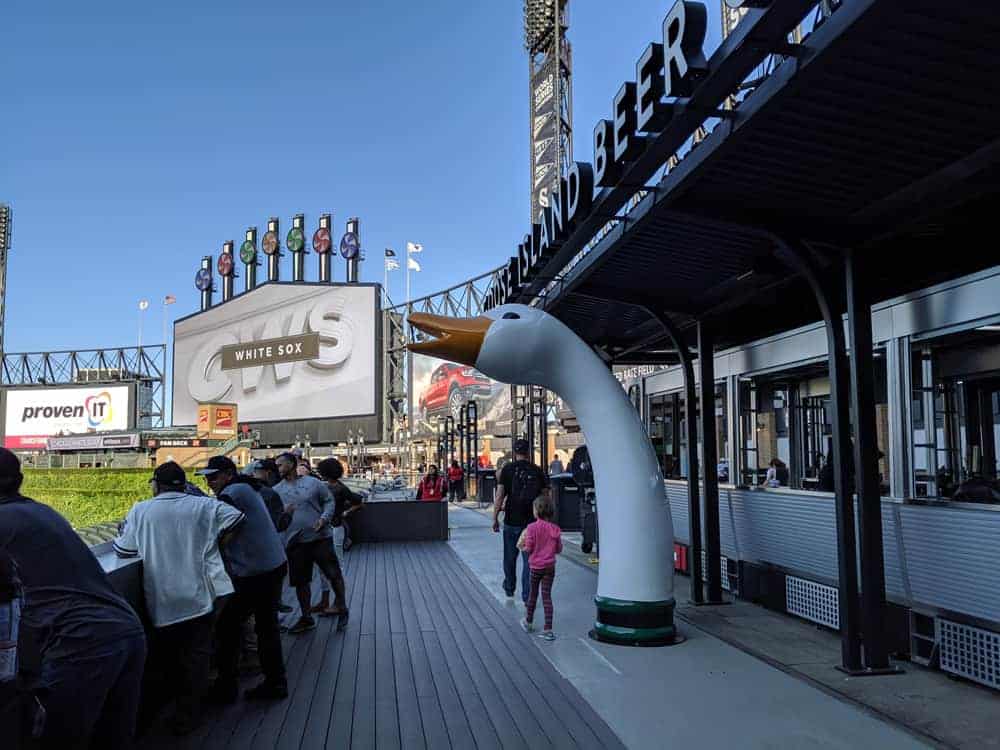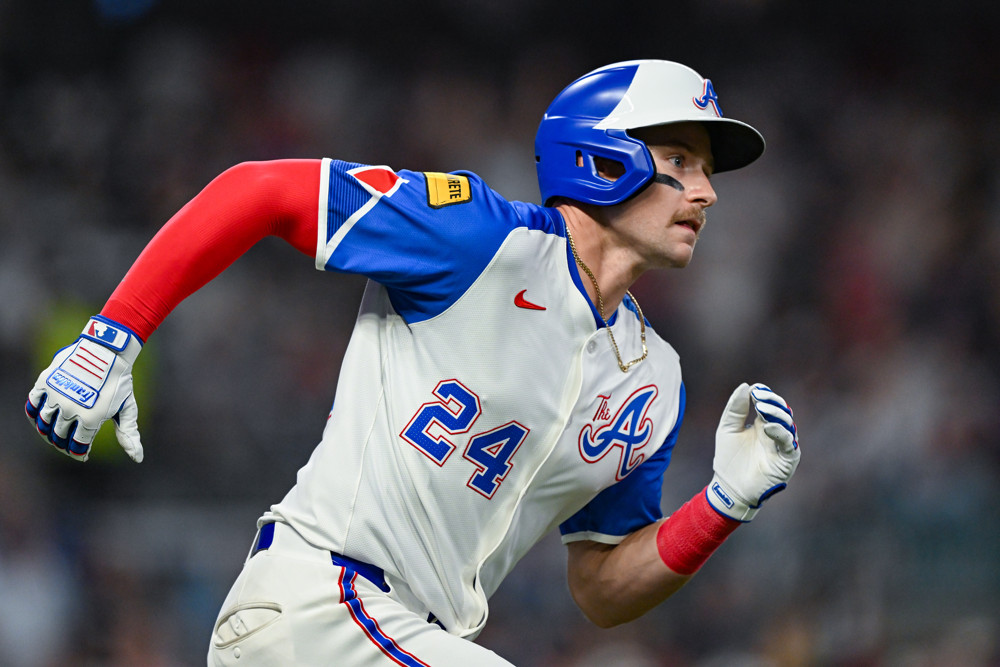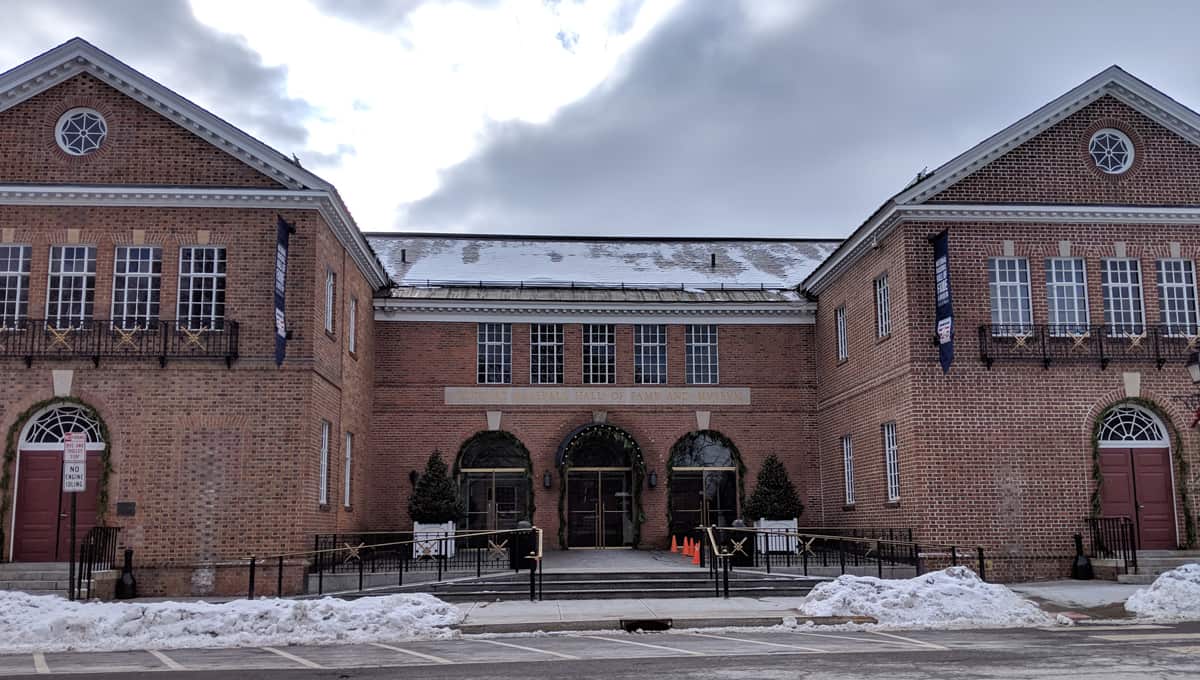Major League Baseball hasn't even submitted a formal proposal to its players, but that hasn't stopped baseball writers from sounding an alarm. I mentioned Bob Nightengale's column in the USA Today, which he first touted by saying the "sport will be irreparably damaged."
He's not the only one -- I mentioned Peter Gammons on Wednesday, and Paul Sullivan went that route before then -- but while both said a lost season would destroy the sport, Nightengale dropped a comparison that struck me as perpendicular to the way I've been processing the stoppage.
If there is no Major League Baseball played this year because the owners and players can’t agree on salaries, it would make the cancellation of the 1994 World Series feel like a doubleheader rainout in June.
It would destroy the sport.
That lack of perspective cannot be taken seriously. The 1994 season was not just a very real regular season, but one with all kinds of history on the line. The division leaders were both familiar (Yankees, Dodgers) and new (White Sox, Expos), Tony Gwynn was making a run at .400, Matt Williams and Ken Griffey Jr. were gunning for Roger Maris' home run record, Frank Thomas' season looked like a Babe Ruth one, and amid all this offense, Greg Maddux had a 1.56 ERA.
Whatever comes of the 2020 season won't have any of that. It will have the fewest-ever games, a postseason with the most-ever teams, and an entire operation with minimal attendance, so I'm skeptical that it will feel entirely valid.
That's not to say it'd be an invalid season. The numbers would count. There would be a champion, fans of that team would be happy, and the league would make no effort to separate that World Series from any other because it's not in the asterisk business. It shouldn't be.
Jayson Stark wrote a bit about it, wondering how it would feel for the Cleveland Indians to finally win a World Series when a full-blown celebration is off the table. Or how Major League Baseball would handle a .400 hitter in a season that lasted only 82 games. Most of the people involved, which included a historian, analyst, manager and player, said they would have to be counted, and the public would have to mentally adjust.
Joey Votto, who often puts things best, put it best:
“If I were to [hit .400], I would be very happy with it,” he admitted. “But that’s my favorite part of the sport. That’s my favorite part of my job, is performing — and then leaving the story and weaving the context (to others). I love how people get to tell it themselves. It’s honestly my favorite part.”
So you can add Joey Votto to the membership rolls of the No Asterisks Club. Not necessary, he says. Really, really not necessary.
“I think that baseball fans can certainly tell the difference,” he said. “I don’t think asterisks are ever necessary. Context is the story. I don’t think we need historical records as much as we need stories being told.”
I agree. I just think in this case the context across the league is as low-stakes as it gets. Teams are wrestling with retaining their staffs. Training has been interrupted. There are so many reasons to write off disappointing performances that the zero-sum of sports is lacking. There'd be ecstasy at the top, but the losses would be written off as "at least they played," or "the rest of 2020 sucked, too."
Or, "I couldn't go to games, anyway."
Carl brought up the 2013 Blackhawks, and how that title isn't considered any less valid than the ones in 2010 and 2015. It helped that the Blackhawks had won it in the recent past and were contenders in the other seasons in between, so they weren't a product of the season's strange circumstances. I imagine the shape of the postseason will go a long way to determine how normal a season was.
But the Blackhawks also had fans.
Nobody knows exactly how we'll process sports over a whole season played without the direct, immediate feedback of fans in attendance, but I suspect it will have profound effects on how the enterprise registers emotionally. An empty stadium is usually a sad one, and while maybe we'll all adjust and follow more fervently from afar to compensate, I'm guessing the lack of a tangible connection is going to make the whole thing feel removed.
A lot of baseball fans can't make it to a single game all season, so it's not novel on an individual level. But the lack of the possibility of going to a game is new. So too would be the lack of fans in attendance, especially those who serve as conduits for people watching from home. One of my favorite GIFs is this hero's reaction to a Jose Abreu home run in Baltimore.
If MLB resumes, we'll still get the pitcher-hitter battles and the athleticism all around the field, but having seen KBO homers clang off seats, the emotional swings that surround plays and moments will be muted by comparison. Triumphs are triumphs, but when disappointment can be waved away or ignored, it invariably lowers the payoff. Part of the ecstasy of winning a title is the knowledge that you avoided feeling great pain.
That doesn't make a season pointless. Baseball should still proceed if it's safe to do so, even if it takes the form of an 80-game megatournament. As Votto said, we can account for the context later. Barry Bonds would be a Hall of Famer if nobody ever did. The lack of fans will be alien, but baseball is better positioned to proceed than football, which could seem utterly cruel and unusual when removed from the context of 70,000 fans approving of the actions.
I just don't see damage of this lost season being irreparable, at least if Major League Baseball can avoid losing a full, normal season in the years that follow. Other forces took fan participation off the table before the league and the union had a choice, and just like crazy numbers and unexpected standings, that's another contextual adjustment fans will be able to make if they're forced to do so.






